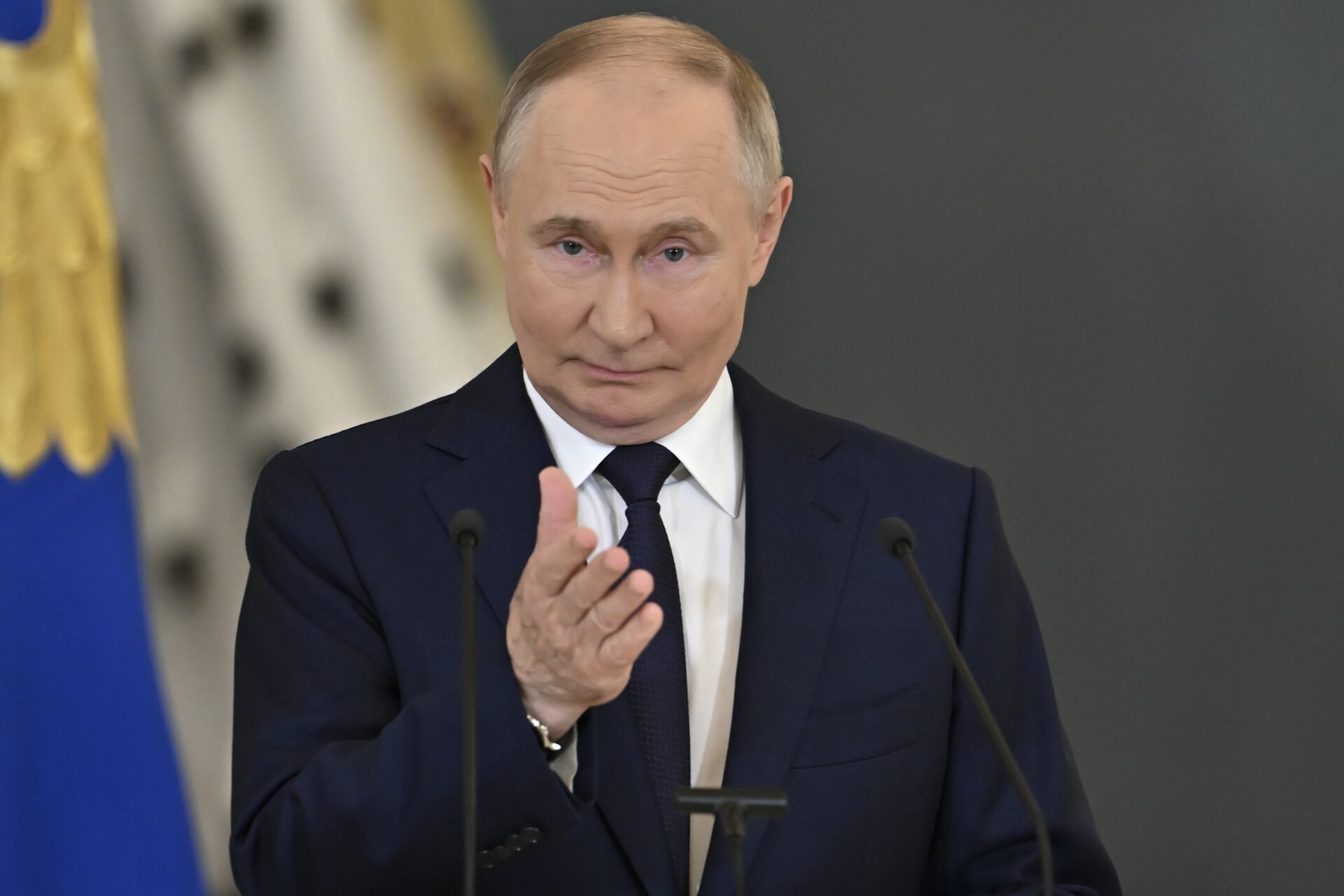
What WAS Clinton’s Role in Epstein’s Circle?
House investigators have subpoenaed new testimony regarding Bill Clinton’s longstanding relationship with Jeffrey Epstein, reigniting public focus on private trips, guest lists, and past denials.
At a Glance
- House Judiciary Committee issues new subpoenas linked to Epstein case
- Clinton’s travel records and social meetings with Epstein under renewed scrutiny
- Private comments about Epstein’s “lovely girls” cited in latest reporting
- Clinton has denied wrongdoing but declined recent media inquiries
- Lawmakers cite public interest in elite accountability and transparency
A Reopened Chapter
Bill Clinton’s name is once again at the center of the Jeffrey Epstein saga, following the House Judiciary Committee’s latest move to subpoena testimony and documents related to the former president’s interactions with Epstein. According to congressional sources, the subpoena aims to clarify inconsistencies between Clinton’s public statements and evidence compiled through court filings and newly surfaced guest logs.
Among the items investigators seek are visitor manifests from Epstein’s private jet and social calendars from the early 2000s. Multiple photos have previously shown Clinton in the company of Epstein and Ghislaine Maxwell, including visits to Epstein’s Manhattan townhouse and his private Caribbean island.
Watch now: Panel subpoenas Bill, Hillary Clinton in Epstein case · YouTube
New reporting has also highlighted private remarks allegedly made by Clinton during a dinner at Epstein’s residence, where he reportedly referred to several young women as “lovely girls.” While the quote’s context remains disputed, it has resurfaced in light of new legal disclosures and press inquiries.
Legal and Political Implications
Though Clinton has never been formally accused of criminal behavior in connection with Epstein, Republican lawmakers argue that the appearance of impropriety merits deeper examination. The House subpoena is part of a broader push to demonstrate bipartisan accountability in ongoing Epstein-related investigations.
Democratic allies of Clinton have downplayed the move, suggesting it is a political maneuver ahead of the 2025 election cycle. However, victims’ rights advocates and civil litigation attorneys argue that Clinton’s proximity to Epstein should be scrutinized with the same intensity applied to other public figures.
The House Judiciary Committee has not released the full scope of its request, but legal observers expect further subpoenas targeting individuals in Clinton’s inner circle, including former aides and security personnel who may have knowledge of Epstein-linked events.
Public Response and Media Fallout
The renewed attention on Clinton arrives amid a surge of public interest in the broader Epstein case, particularly following the release of private letters, social photographs, and birthday memorabilia from Epstein’s archive. Analysts note that while Clinton has generally avoided the spotlight during these periods, the accumulation of circumstantial evidence has made avoidance increasingly difficult.
As of this week, Clinton has not issued a formal statement in response to the latest developments and has declined requests for interviews. A spokesperson reiterated previous denials of any knowledge of Epstein’s criminal conduct.
Whether the House inquiry leads to any legal consequences remains unclear, but politically, it ensures that Clinton—once a peripheral figure in Epstein discussions—will remain part of the national conversation as new disclosures continue to surface.
Sources
New York Post
The Times
ABC News


